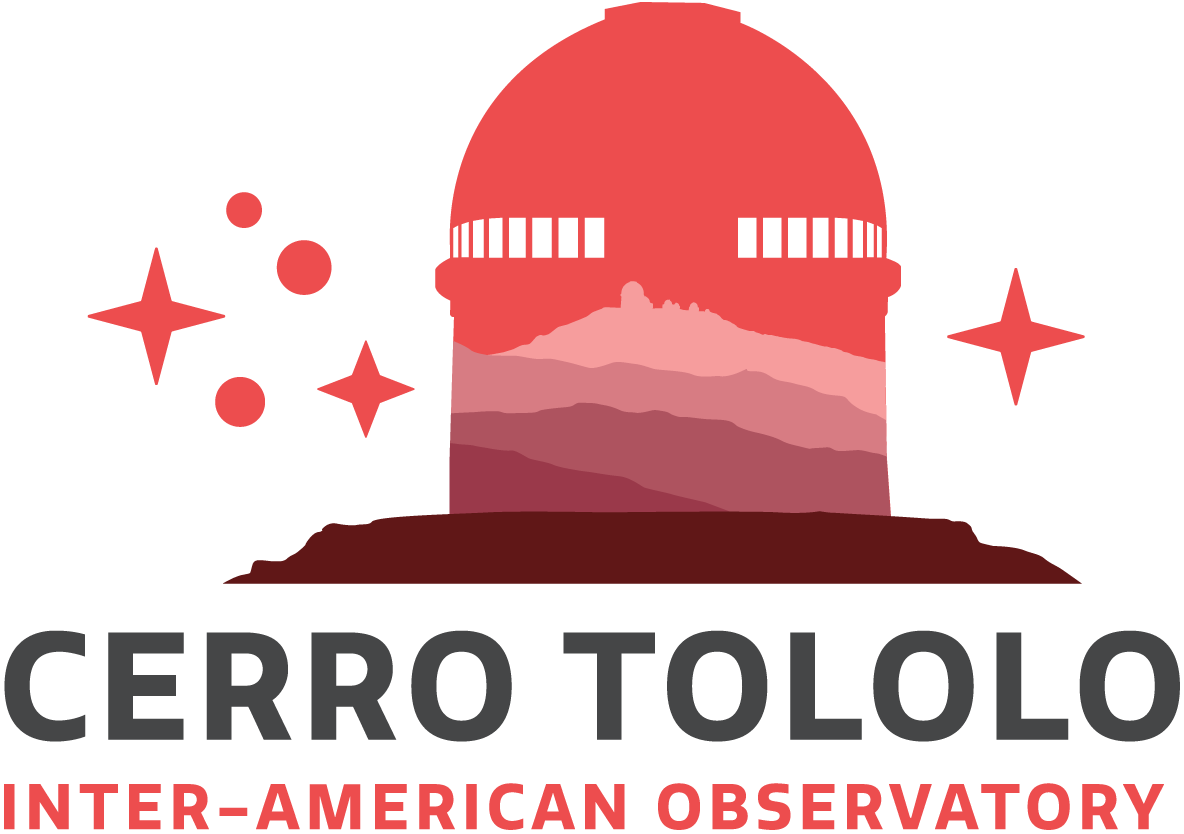NOIRLab’s Lori Allen Elected 2023 AAAS Fellow
18 April 2024
Lori Allen, Mid-Scale Observatories (MSO) Director at NSF NOIRLab, has been named a Fellow of the American Association for the Advancement of Science (AAAS). Election as an AAAS Fellow is an honor bestowed upon AAAS members by their peers. MSO encompasses both Cerro Tololo Inter-American Observatory in Chile and Kitt Peak National Observatory in Arizona.
Allen was elected as an AAAS Fellow for “exceptional leadership in advancing ground-based optical-infrared astronomy.”
The 2023 Fellows class includes 502 scientists, engineers and innovators across 24 AAAS disciplinary Sections. The newly elected Fellows overwhelmingly represent the fields of biological sciences, chemistry, medical sciences and engineering followed by neuroscience and physics.
The new Fellows will each receive a certificate and a gold and blue rosette pin (representing science and engineering, respectively) to commemorate their election and will be celebrated at a forum on 21 September 2024. That evening, AAAS will also celebrate the program's 150th anniversary at the National Building Museum in Washington, D.C. The 2023 Fellows class will also be featured in the AAAS News & Notes section of the journal Science in April 2024.
Allen said in her AAAS Fellow Statement, “Thanks to the talented and dedicated staff at Cerro Tololo and Kitt Peak and to the amazing partnerships we have with federal agencies, universities, and local stakeholders, we are able to provide state-of-the-art capabilities to serve the astronomical community in new and better ways.”
The tradition of AAAS Fellows began in 1874. The AAAS Fellow honor comes with an expectation that recipients maintain the highest standards of professional ethics and scientific integrity.
We congratulate Lori on this honor!
More information
NSF NOIRLab (U.S. National Science Foundation National Optical-Infrared Astronomy Research Laboratory), the U.S. center for ground-based optical-infrared astronomy, operates the International Gemini Observatory (a facility of NSF, NRC–Canada, ANID–Chile, MCTIC–Brazil, MINCyT–Argentina, and KASI–Republic of Korea), Kitt Peak National Observatory (KPNO), Cerro Tololo Inter-American Observatory (CTIO), the Community Science and Data Center (CSDC), and Vera C. Rubin Observatory (operated in cooperation with the Department of Energy’s SLAC National Accelerator Laboratory). It is managed by the Association of Universities for Research in Astronomy (AURA) under a cooperative agreement with NSF and is headquartered in Tucson, Arizona. The astronomical community is honored to have the opportunity to conduct astronomical research on I’oligam Du’ag (Kitt Peak) in Arizona, on Maunakea in Hawai‘i, and on Cerro Tololo and Cerro Pachón in Chile. We recognize and acknowledge the very significant cultural role and reverence that these sites have to the Tohono O’odham Nation, to the Native Hawaiian community, and to the local communities in Chile, respectively.
The American Association for the Advancement of Science (AAAS) is the world’s largest general scientific society and publisher of the journal Science, as well as Science Translational Medicine; Science Signaling; a digital, open-access journal, Science Advances; Science Immunology; and Science Robotics. AAAS was founded in 1848 and includes more than 250 affiliated societies and academies of science, serving 10 million individuals. The nonprofit AAAS is open to all and fulfills its mission to “advance science and serve society” through initiatives in science policy, international programs, science education, public engagement, and more.
Links
Contacts
Josie Fenske
Jr. Public Information Officer
NSF NOIRLab
Email: josie.fenske@noirlab.edu



